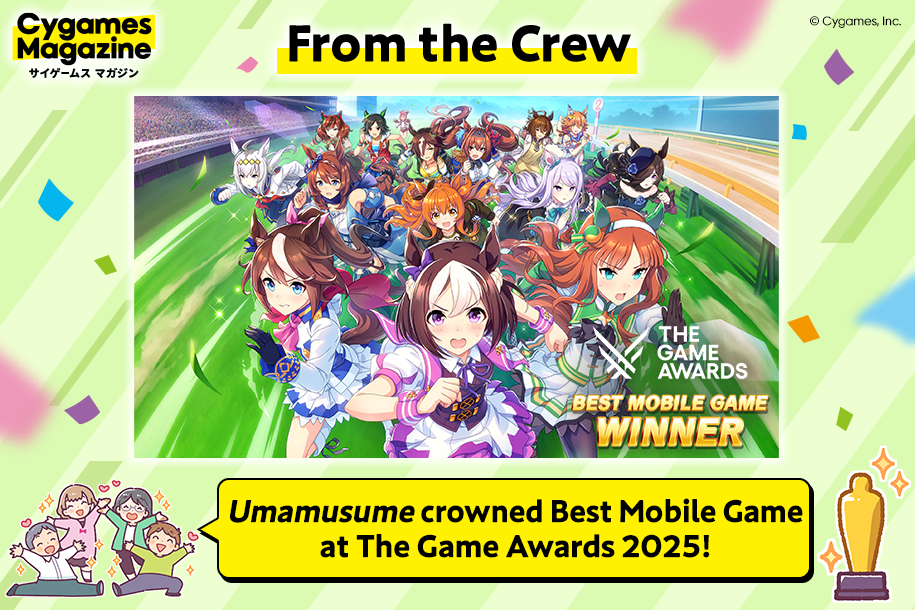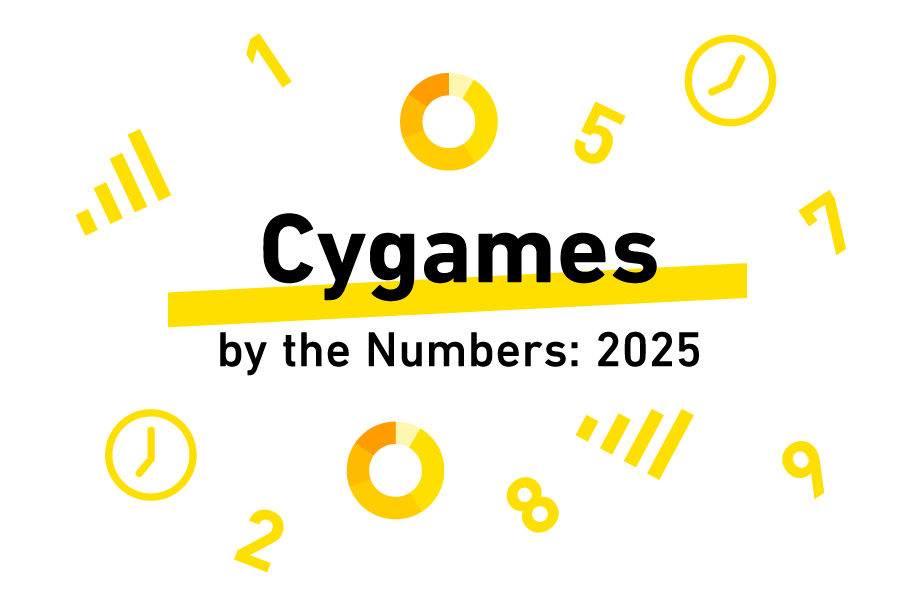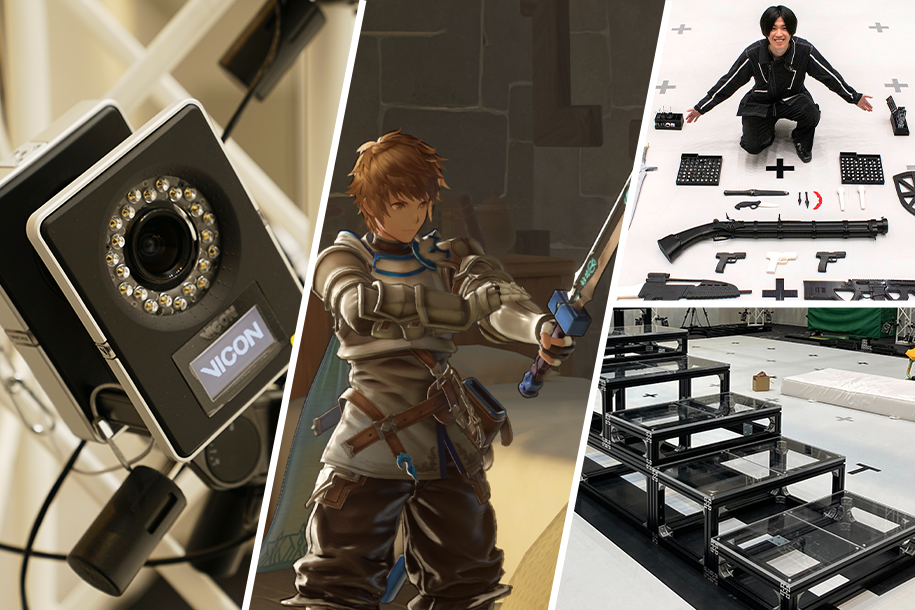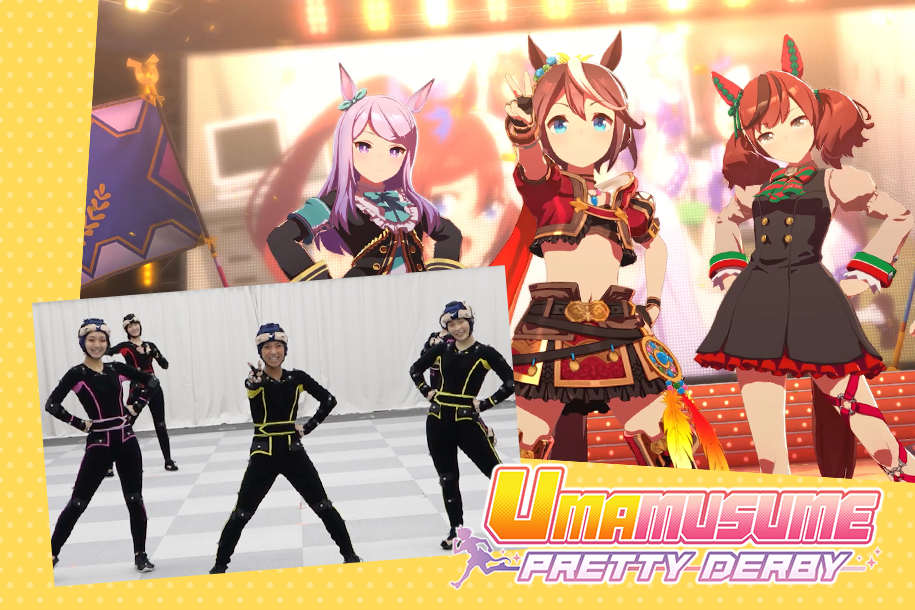A Report on the “Tech Kids Camp” Held for All Sixth-Graders in Imari City!
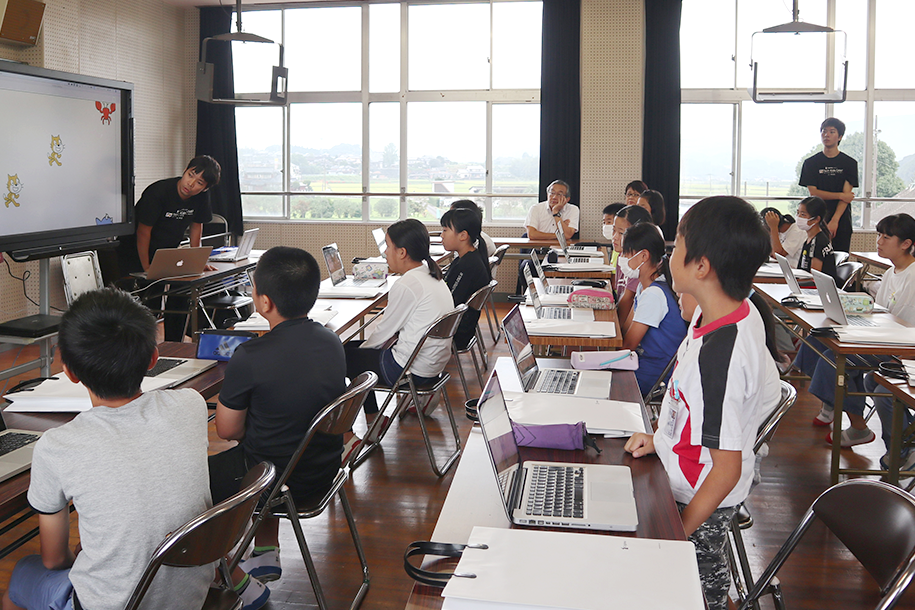
Last autumn, Cygames and CA Tech Kids joined together and held a programming workshop titled “Cygames presents: Tech Kids Camp in Imari” for all sixth-grade students in Imari City, Saga Prefecture.
Approximately 560 sixth-grade students from 15 elementary schools had the opportunity to learn about game development through these workshops, which are part of an effort by Cygames to support programming education.
This reports covers the first day of the workshops held in Okawauchi Elementary School and Niri Elementary School.
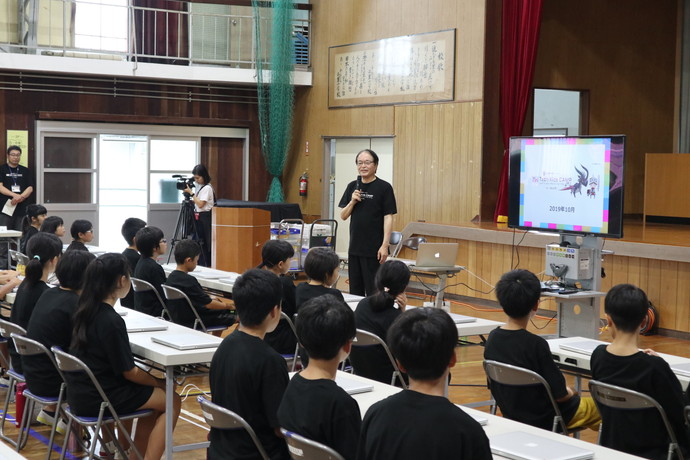
Learning the Basics of Game Development!
To evenly split time between the schools, one workshop was held in the morning and the other in the afternoon, each at a different school. Okawauchi Elementary School was up first, with Niri Elementary School following in the afternoon. The goal for both: creating a simple game within 90 minutes.
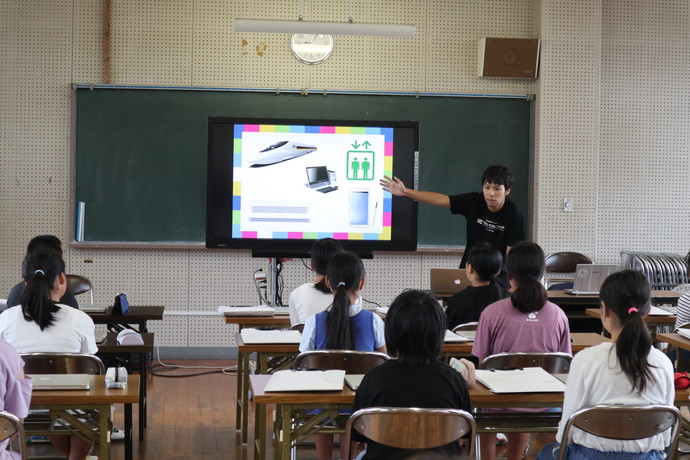
Principal Wentz gave an explanation on Scratch, the programming software they would be using, as well as various examples of how programming plays a role in daily life. Quickly after, the children dived into making similar games with a basic structure.
As they worked, Principal Wentz asked the children questions to deepen their understanding of programming fundamentals and provide hints whenever they ran into an issue.
The children who weren’t used to computers hesitated at first, but after receiving help from neighboring students and staff members, they were able to finish their games in 40 minutes!
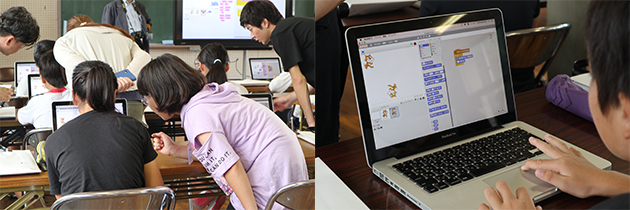
Initially, some students believed game-making to be extremely difficult and were afraid to give the process a shot. By the end, many were confident enough to say, “It was easier than I thought!”
Making a Game of Their Own!
After learning the basics, the children added their own original ideas to the games they had made so far.
Principal Wentz explained that a game could be made more interesting by adding in any ideas they could come up with and testing to see how they went.
Taking his advice to heart, the students changed character sizes and backgrounds, added unique sound effects, and implemented any other features they could think of.
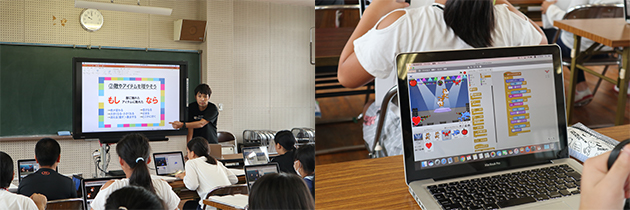
Everyone offered a round of applause once their original games were completed!
Visiting parents and guardians, and school staff who were present also joined in the excitement and had a great time.
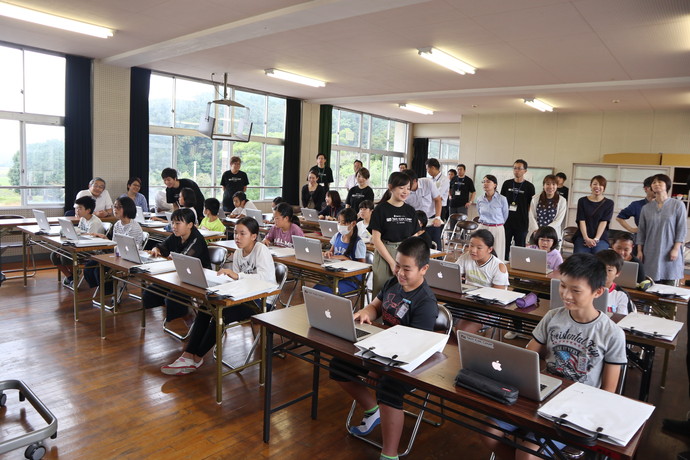
Fostering a Love of Programming.
Cygames provided unique USB memory sticks for the students to store their games on. They could then further enhance and test their hard work at home.

As a fun bonus, the memory sticks were preloaded with extra game-making materials such as illustrations and sound effects. The students were, needless to say, overjoyed to receive such a fun surprise!
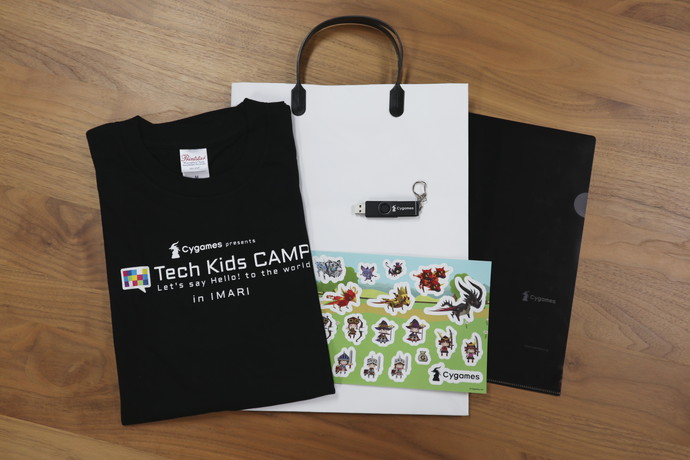
Lastly, Principal Wentz explained the uses of programming for other useful functions in society, like automatic doors and smartphones. He left a few words of wisdom before his departure: “I hope you all keep in mind how convenient programming makes the world around you.”
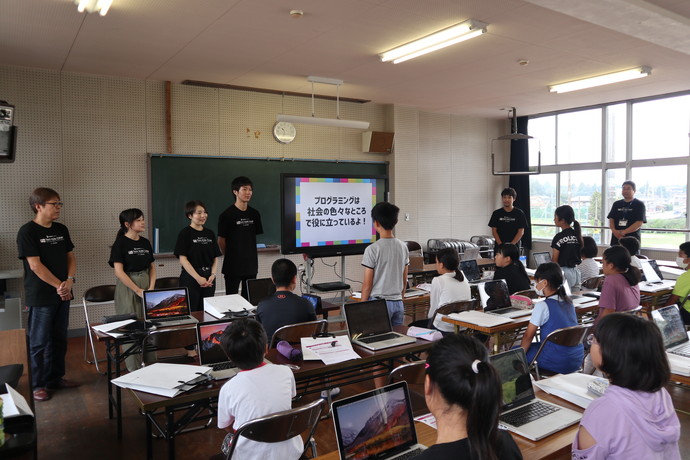
The students made sure to thank staff members and give their honest opinions of the event. Some still found computers and programming difficult, but fun. Others couldn’t wait until they could return home and keep working on their game.
Increasing Interest in Programming Education.
The details of these workshops were covered by television networks and newspapers.
They were able to show the potential of programming education, as well as the keen interest family members and school staff had for the subject.
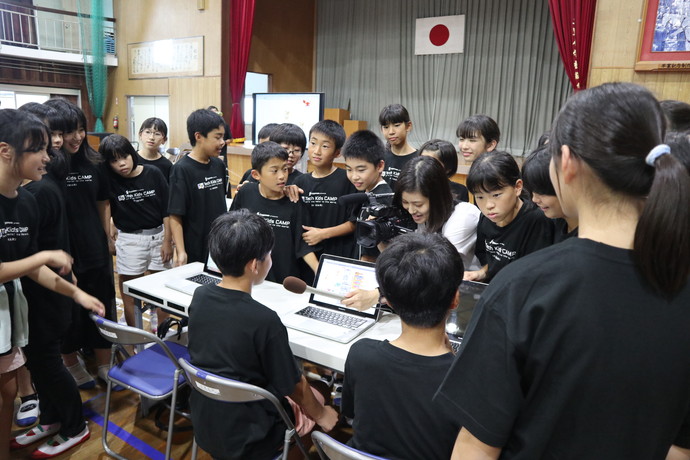
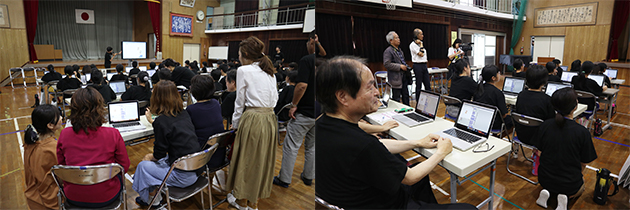
The goal of this project was for children to experience the joys of programming and understand its potential. Perhaps one day soon, they’ll take what they’ve learned and keep delving into the world of programming!



